Sessions / Zoom 4
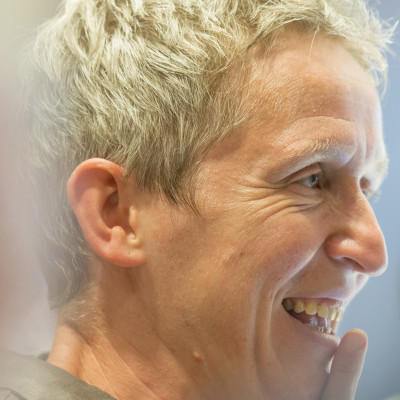
Productive Activities in an Online Classroom #873
Technology will not make you a better teacher, but it can help you to teach better online. In this workshop, I will demonstrate how to easily transfer activities such as gap fill or matching practice to an online classroom and how to swiftly prepare writing and speaking activities. Teachers can quickly learn and apply these tools online, and they will help them to integrate their students and make their online classroom more interactive.

Writing Business Letters: An Attitudinal Approach #264
PromotionalBusiness letters and email should reflect a positive, natural-sounding, and somewhat personalized writing style regardless of the topic matter—whether good news, bad news, or just routine information. Unnecessarily formal letters, or letters overladen with passive and noun phrase expressions, are not only wordy but also slow down quick-return communication. We will discuss, through four sample letters and exercises, how original letters can evolve into direct, polite, communicative revisions.

Making the Problem a Challenge and Then a Solution #524
The Corona Pandemic caused many language providers to adapt their workshops and course programmes in order to meet the clients' needs online. This paper identifies challenges and solutions to establishing 'how' to communicate remotely in an effective way and follows this up with the solutions and opportunities presented by remote working. This presentation draws on solutions identified by clients, colleagues and feedback.




Gender, Language, and Community #266
Misako Tajima examines how Filipina tutors are constructed as gendered entities in Japan’s Skype English conversation industry. Sachi Komai explores the works of novelist Natsuo Kirino, who describes the influence of neoliberalism in Japan and its impact on women. Antonia Cavcic discusses Koike and Abe’s use of gairaigo during the Covid-19 pandemic in relation to gender, inclusivity, and clarity. Sara Schipper reports on discrimination, isolation, and satisfaction amongst female students attending a male-dominated, Japanese university.
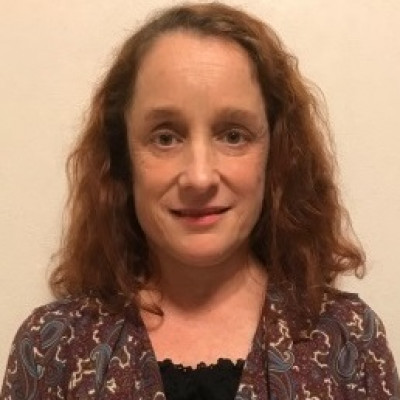
GALE SIG Annual General Meeting #835
This is the Annual General Meeting of the Gender Awareness in Language Education (GALE) SIG. All members and prospective members interested in gender issues and awareness are welcome!
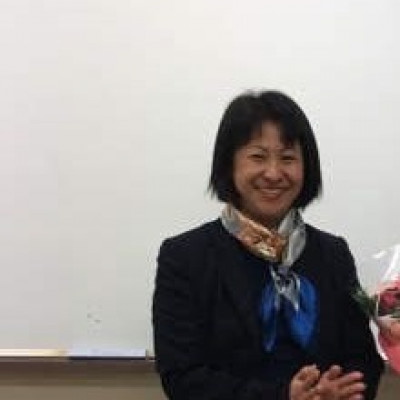
Students' Gains Through Emergency Remote Learning #805
This study examines what college students have gained through emergency remote learning utilizing ICT tools during a pedagogy course. This course adopted Slack, Zoom, Google services, and online quiz tools. A post questionnaire was conducted and the results indicate that most students believe the style of education in schools would change post COVID-19. It was also found that some of them had applied their acquired ICT skills to other situations outside of class.


Teacher and Student Perceptions After Going Online #784
In response to Covid-19, an online course was created and taught in the 2020 spring semester at Sojo University. Activities were all completed individually, and many were auto-graded. This presentation looks at the student perceptions of what was learned and the usefulness of the technology, as well as teacher reflections of the semester. Recommendations are given for how to incorporate these tools into distance or face-to-face classrooms.

When COVID Gives Lemons: Let ‘Em Use ER-Central #810
This research-based presentation covers survey responses from a Spring term compulsory reading class for first-year, low proficiency, non-English majors at university. Data points capture the reading profiles in English and Japanese for two intact classes (n=52) as well as the learner attitudes and opinions toward skill development through graded reading online with er-central.com. Participant takeaways include student feedback to plan fall term reading online and other class activities necessitated by emergency remote teaching.


IC and Communities of Practice #274
The world has been coming closer than ever, thereby, creating new communities based on diverse cultures. One of our roles as language teachers should be to build vibrant communities that are based on trust, and willingness to accept beliefs that are different than our own. Embracing this year’s theme of “communities of teachers and learners”, we’ll discuss some practical ways adopted to reduce or eliminate any barriers that could have hindered a great learning experience.

ICLE SIG Annual General Meeting #834
This is the Intercultural Communication in Language Education (ICLE) SIG’s annual general meeting. We aim to promote discussion about various approaches to teaching intercultural communication in a foreign language classroom. At this meeting, we will report on our ongoing activities and discuss plans for future activities and publications. Members and anyone interested in joining our SIG in whatever capacity is warmly invited to attend. Don’t miss the opportunity to become part of our intercultural team!
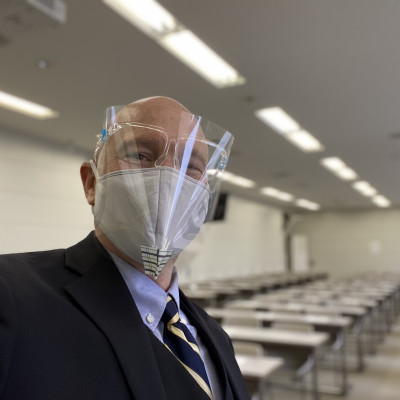


Pragmatics: Three Research Perspectives #271
Research on pragmatics is generally from only one research perspective. However, this forum will bring together three researchers each with their separate research agendas: conversation analysis, discourse analysis, and sociolinguistics. These analysts will explain their overall approach and demonstrate the key steps in their analysis of the shared transcripts. This session will raise awareness of the differences and commonalities of the research perspectives, and, in addition, provide further insight into the pragmatics of real-life interaction.
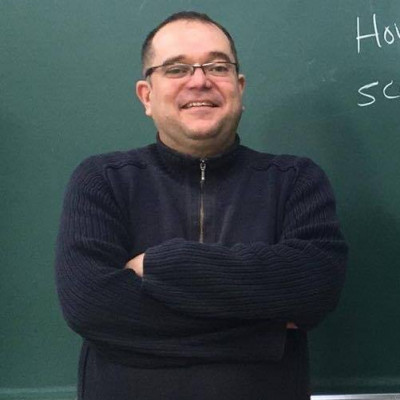
Getting Students to Share Stories #386
Promotional Visit the englishbooks.jp pageFrom ancient times to now, stories have been a means to share our experiences and develop our communities. But, how can we bring storytelling into the language classroom? This presentation will describe how the textbook, Discover Conversation, can help learners to share and react to each other’s stories. It will demonstrate ways to scaffold the learning process so that learners can be exposed to and engage in more authentic L2 storytelling.

IELTS Speaking: Teaching English Holistically #532
Promotional Visit the IELTS pageStudents in Japan spend a lot of time and energy studying for various exams during their educational journeys. In particular, language ability tests such as the IELTS are often quite intimidating for second language learners and even native-level speakers. In this workshop, we shall analyse the IELTS band descriptors for speaking and discuss some strategies and techniques that language teachers can employ in their routine classes to help students improve their IELTS scores.
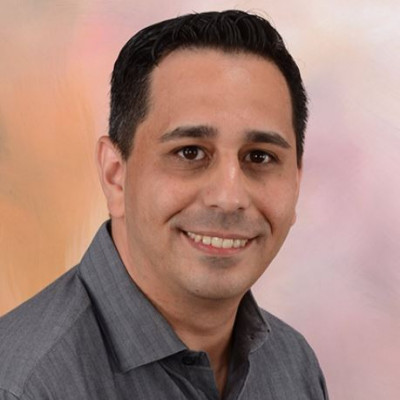
Making Speaking Happen (Online and Off) #417
Promotional Visit the Cambridge University Press pageAlthough speaking is often regarded as the essential language skill, learners often feel frustrated that their ability to speak is still inadequate despite years of study. This talk will look at insights, old and new, about what the skill of speaking is and how to help learners improve their spoken ability. We will also look at why and how to incorporate “time to speak” in lessons and courses, whether delivered face-to-face or online.

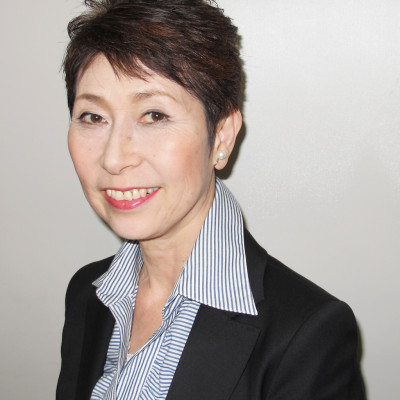
Building Community Through Learner Engagement #388
Promotional Visit the Pearson Japan K.K. pageNurturing community is critical for fully engaging students in learning. This presentation will explore how building community reduces psychological resistance and encourages student engagement. It discusses how to encourage an engaged learner community by building trust, making communicative activities more meaningful, and by focusing on learners’ personal point of view. A questionnaire to measure student resistance and engagement will be introduced. The focus will be hands-on and practical.


Intercultural Basics in Speaking Classes #472
Though many second language teachers feel a need to inject some intercultural learning in the context of low-intermediate and intermediate level speaking classes, it is often difficult to make this a reality. In this practical workshop, the presenters will show some practical methods and materials that can foster intercultural understanding, leading to deeper insights that will aid students as they navigate an ever more globalized society.

Effects of Reading Skills on Speaking Performances #704
This study explores the effects of reading skills on speaking performances of Japanese university students in an English as a foreign language (EFL) environment. To investigate the relations between these two skills, reading and speaking tests were administered to 99 university students. After clarifying the students’ proficiency in lower- and higher-level processes from the reading test and speaking performances from the speaking test, the relationship between these two skills are discussed.
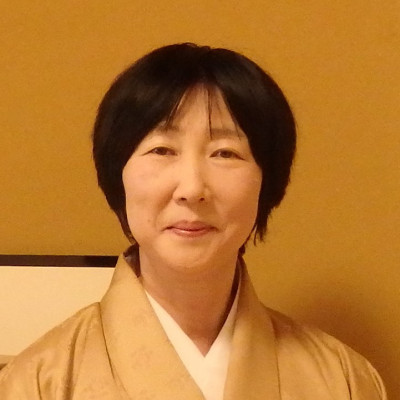

Crossroads of Speaking Practice and Autonomy #629
Although educators provide students with a proper learning environment, including suitable materials, instruction, and advice, their goal is to help students become autonomous learners. An English teacher at a language school and a language advisor created materials together to integrate the enhancement of students’ speaking skills with advising techniques. The report showed that the crossroads of these ideas could enhance students’ language proficiency and self-study skills.


Oral Presentation Skills: A Duoethnographic Study #544
Reflective practice is deemed effective in building a community of teachers. Duoethnography can be used for reflective practice as it involves two or more researchers juxtaposing their life histories to analyze a phenomenon (Norris & Sawyer, 2016). In this presentation, two university-level English language instructors will analyze the use of oral presentation in English language learning by discussing their past language learning experiences, present teaching beliefs, and how these beliefs have influenced their classroom practice.


PechaKucha Unplugged: Presenting Without Computers #470
PechaKucha presentations have exploded in popularity since their introduction in 2003. Traditionally, PechaKucha requires speakers to work with computers and software such as PowerPoint or Keynote. Rules require twenty slides timed at twenty-seconds each. This makes each presentation succinct and fast-paced. The presenters follow the same format but without the technology usually associated with this presentation style. Afterwards participants will be asked to do an abbreviated presentation following the “unplugged” format.

Free Conversation: A Legitimate Use of Class Time? #436
The notion that interactional competence in the L2 emerges naturally once sufficient lexical/grammatical knowledge is in place was disputed by Widdowson (1978). This presentation suggests that the ability of learners to interact in the L2 requires both explicit teaching of interactional skills and also extensive opportunities for learners to engage in non-directed, phatic interactions. The presenter will outline the theoretical underpinnings of using free conversation in class time in relation to an interactional syllabus.

Free Talk: Building Community Through Interaction #471
Free talk allows for learners to develop fluency in a more natural context while also developing a supportive community of learners. This speaking practice is based on Lev Vygotsky’s socio-cultural learning theory, which theorizes that the interaction between individuals is essential for learning. This presentation will discuss why and how to implement free talk in a university setting, as well as how these interactions help create a classroom community.


Teaching Reported Speech: Are EFL Texts Adequate? #675
Reported speech is a key language skill but it is often dealt with in a superficial manner in EFL textbooks or skipped altogether. This presentation reports on a survey of 220 EFL speaking textbooks’ coverage of reported speech. The survey identifies and enumerates a number of shortcomings. Participants should come away with a better understanding of the importance of reported speech, the inadequacies of textbooks, and the necessity of going beyond the textbook content.


Soft Skills for Developing A Sense of Community #425
While university graduates demonstrate academic and professional knowledge and skills, they lack interpersonal, communicative, and analytical abilities. Academic intelligence has little to do with emotional life (Goleman, 2009). The presenters argue that teaching soft skills in EFL classes has the potential to increase students’ sense of community and collaboration that they will transfer to their future. The different ways and techniques to develop learners’ soft skills and emotional intelligence in the ELT classroom are presented.

Maximum Practice: Getting Your Students Speaking #548
Promotional Visit the Tryalogue Education pageSpeaking skills are becoming critical for students’ success in many academic environments and workplaces, and yet they rarely get the attention they deserve in the classroom. In this session, I’ll be exploring strategies for helping students get the most out of speaking-focused communicative activities and building students confidence and fluency. We’ll talk about practical ways of solving common problems to get students speaking more.
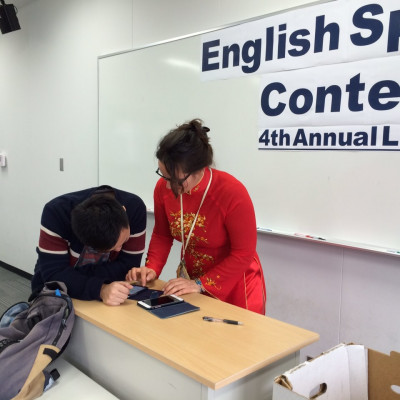
Storytelling Test for Listening & Speaking Class #493
This workshop will demonstrate how to use a storytelling technique (Al Harrasi, 2012; Hirai & Koizumi, 2008; Keshta, 2013; Morrow, 1988; Wang, 2013) in an English listening and speaking class. Participants will read a short story, rewrite key parts of the story, and retell it to their partner. In addition, participants will understand how this activity was perceived by first year English junior college students via the data collection method of narrative frames (Barkhuizen 2014).

Give Support in Class, Online, and Asynchronously #397
Promotional Visit the Oxford University Press pageNon-classroom teaching is the new norm and teachers are now familiar with the challenges and (occasional) joys of working remotely with students. It’s essential that materials support teachers in these new realities, offering classroom teaching ideas but recognising that we may not be meeting students face to face regularly. This presentation will highlight aspects of Smart Choice 4th edition which can help inside and outside the classroom and autonomous features that support students working alone.
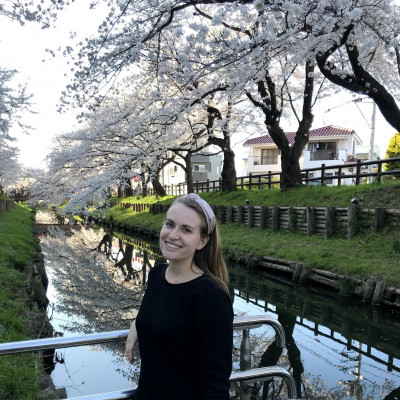
A Framework for Weekly Student-Led Discussions #433
In this practice based session, the presenter will explain the development and scaffolding of a weekly routine where students took turns acting as a discussion leader for their peers by creating discussion questions and facilitating group discussion. The presenter will describe pre-teaching activities to improve discussion skills, the framework used to guide students through discussion preparation and presentation, and materials used for grading the weekly leader.

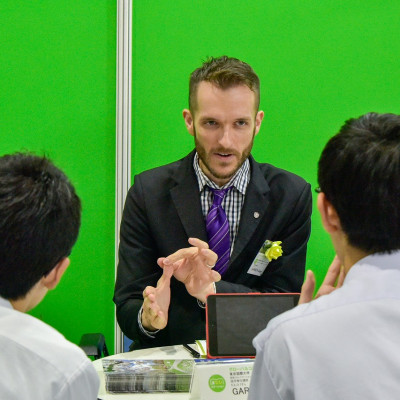
Research-Based Guidelines for Conversation Lounges #571
This research focused on examining how language was being used in a mid-sized private Japanese university’s English conversation lounge area. Through analysis of transcriptions of recordings, the researchers discovered patterns in distribution and length of turns, direct vs indirect interventions, and attention towards accuracy and fluency. The implications of the findings can help inform the development of and training for other such English conversation lounge areas at other universities.

Crossing the Proficiency Divide #568
This study reports on the monologic and dialogic discourse from 42 students, and how student fluency and production (speaking time and the number of words spoken) differ over two groups, one with lower TOEIC scores (average 257) and the other with higher TOEIC scores (659). While speaking times were marginally significant, the number of words doubled with the advanced group. A common problem, however, is the students’ inability to elaborate more on their initial responses.

Student Engagement With 5-Minute Free Speaking #616
How often do you give your learners the chance to speak in English about self-selected topics that match their interests and level? Learners are often asked to speak with a purpose in class, such as fulfilling grammatical, lexical or pragmatic goals, or discussing a set topic. The findings of a classroom-based research project are presented comparing student engagement with a free-speaking activity in two conditions; speaking with the instructor and speaking with peers.